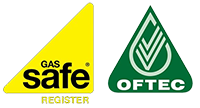Boiler Installation Billericay
Welcome to Clearwater Plumbers. We provide Boiler Installation in Billericay. We install all types and most brands of Boilers.
We ensure our prices are amongst the best in the area and provide free, no-obligation surveys and quotes undertaken by Gas Safe Registered engineers.
Boilers include guarantees of up to 12 years.
Call: 01277 800045
Email: info@clearwaterplumbers.co.uk
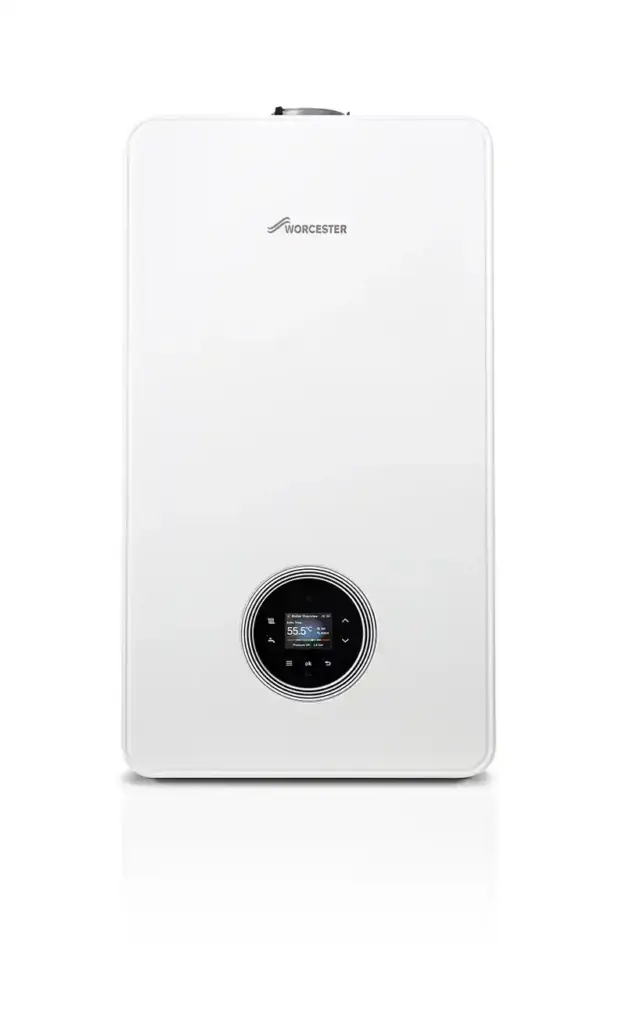

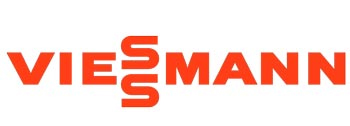

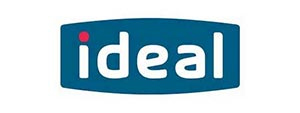
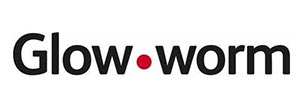
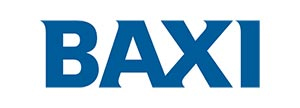
Professional and trustworthy .
Kept me updated with the progress and went above and beyond . I’m so pleased with the results .would highly recommend .
First class, friendly efficient service.
Guy who arrived was extremely friendly and professional as well as keeping his work area clean and tidy.
He kept me informed of what needed doing in the future and got our system up and running again.
Really pleased with the work carried out and the price was reasonable as well.
What's more to like!!
Thanks again for your great service. I'll look forward to using you again in the future.




Save Money With A New Boiler
We fit modern condensing Combi, System and Regular Boilers, which are highly energy efficient and will save you money on your energy bills.
A condensing Boiler uses a heat exchanger mechanism to condense water vapour in exhaust gases to recover heat energy that would otherwise be lost to the outside air.
This technology makes them more efficient than traditional non-condensing Boilers. Here are key features and benefits:
Key Features of Condensing Boilers
Here are six key features of new Condensing Boilers
Heat Recovery
They capture and condense the water vapour from the exhaust gases to reclaim latent heat, which would otherwise escape through the flue.
High Efficiency
Condensing Boilers can achieve efficiencies of 90%-99%, compared to 60%-70% for older non-condensing Boilers. This is because they can extract more heat from the fuel they use.
Environmentally Friendly
Due to their high efficiency, they produce less carbon dioxide and other greenhouse gases, making them more eco-friendly than traditional Boilers.
Modulating Burners
Many condensing Boilers have modulating burners that adjust the burner’s power to meet the heating demand, further enhancing efficiency.
Sealed Combustion
They often use sealed combustion, which draws air directly from outside for the combustion process, improving safety and efficiency.
Key Benefits Of Condensing Boilers
Here are the key benefits of new Condensing Boilers
Reduced Heating Bills
Condensing Boilers are highly efficient in converting fuel to heat, with efficiencies often exceeding 90%.
This high efficiency means that a greater proportion of the fuel you pay for is used to heat your home rather than being wasted.
As a result, you need less fuel overall to maintain the same level of warmth, leading to lower heating bills.
This efficiency can lead to significant savings over the Boiler’s lifespan, especially compared to older, less efficient models.
Lower Carbon Footprint
The increased efficiency of condensing Boilers also contributes to a lower carbon footprint. By burning less fuel to achieve the same heating output, these Boilers reduce the amount of carbon dioxide emitted into the atmosphere.
Households using condensing Boilers are contributing to more sustainable and environmentally friendly heating.
Consistent Heating
Condensing Boilers are designed to provide a consistent and reliable source of warmth. Their advanced control systems and modulating burners can adjust the heating output more precisely to match the home’s needs, reducing temperature fluctuations and ensuring a steady, comfortable environment.
This consistent heating performance is more comfortable and efficient, as the Boiler operates optimally at all times, avoiding the energy waste associated with frequent on-off cycling.
Compatibility with Renewable Energy
Some modern condensing Boilers are compatible with renewable energy sources, such as solar panels. This compatibility enables an integration where the Boiler can utilise renewable energy as a primary or supplementary heat source.
When solar energy is available, for instance, it can preheat the water, reducing the amount of gas or other fuels needed. This integration further enhances the eco-friendliness of the heating system, reduces reliance on fossil fuels, and can lead to additional savings on energy bills.
New Boiler Types
There are three types of Boiler: Combination, System & Regular. Each operates differently and works with different central heating systems. The best type for you depends on your home, existing system, and current/future heating and hot water requirements.
Combination Boiler
A Combination or ‘Combi’ Boiler is a space-saver, combining a water heater and a central heating Boiler into one unit. This means it heats water directly from the mains when you turn on the tap, so there is no need for a separate hot water storage tank.
Perfect for smaller homes or flats, Combi Boilers provide instant hot water and central heating without taking up much space. They’re energy-efficient, too, as there’s no need to heat a whole tank of water – just what you use.
System Boiler
A System Boiler uses a hot water storage tank, but unlike Regular Boilers, most of its components are built into the Boiler itself, making installation more straightforward and tidier. This means you get hot water faster and more efficiently than a Regular Boiler.
System Boilers are great for larger homes with multiple bathrooms, as it can simultaneously supply hot water to several taps. However, you’ll need enough space for the cylinder, usually in an airing cupboard or loft.
Regular Boiler
A Regular Boiler, a traditional Boiler, is typically found in older homes and needs a cold water storage tank and a hot water cylinder. Regular Boilers are excellent for homes where hot water is used simultaneously, like in large families.
They’re reliable and perfect for homes with an older heating system or high hot water usage, but they take up more space than Combi or System Boilers due to the extra tanks.
Boiler Fuel Types
Boilers are available for the following fuel types.
Gas Boilers
Most Boilers in Billericay run on gas piped directly into your home from the local gas grid.
This is super convenient because you don’t need to store any fuel. Gas Boilers have a reputation for efficiency and cost-effectiveness, as natural gas tends to be cheaper than other fuels.
They heat water quickly and are suitable for central heating and hot water in homes. However, you need to be connected to the gas network, which might not be possible in more remote areas.
Oil Boilers
Oil Boilers are perfect for homes not connected to the gas grid. These Boilers run on oil you need to store in a tank on your property. The oil is delivered by lorry and stored until you need it.
They’re a bit less efficient than gas Boilers, and the cost of oil can fluctuate, but they’re a great option for rural or isolated homes.
LPG Boilers
LPG (Liquefied Petroleum Gas) is delivered and stored in a tank on your property. LPG is a good alternative if you’re off the gas grid. It’s more efficient than oil and produces less carbon, but like oil, it requires storage space and Regular deliveries.
LPG Boilers are compact and efficient, making them suitable for smaller homes or places where space-saving is essential.
Electric Boilers
Electric Boilers run on electricity, which means they don’t need a flue or gas connection. This makes them incredibly versatile and suitable for various homes, including flats and places where installing a gas or oil Boiler isn’t feasible.
They’re easy to install and maintain, with fewer moving parts than gas or oil Boilers. While electricity is generally more expensive than gas, electric Boilers can be very efficient and are an excellent option for homes looking to reduce their carbon footprint.
Boiler Sizes
Selecting the correct Boiler size is essential for ensuring optimal efficiency and heat in your home. A Boiler that’s too small will struggle to adequately heat your space and provide enough hot water, leading to discomfort and unnecessary strain on the Boiler, which can reduce its lifespan.
On the other hand, a Boiler that’s too large for your needs not only costs more upfront but also operates inefficiently. Oversized Boilers frequently cycle intermittently, increasing wear and tear and higher energy bills.
By choosing the right size, you ensure that your Boiler operates efficiently, providing the right amount of heat and hot water when needed while maintaining energy efficiency and keeping energy costs down.
Selecting The Best Boiler For Your Home
Choosing a Boiler can feel like navigating a minefield due to the many factors that must be considered to make the right choice. Homeowners must balance Boiler type (Combi, System, or Regular), fuel source (gas, oil, LPG, or electric), size, and power output for their specific needs, as well as energy efficiency ratings, all while considering the initial installation cost and long-term running costs.
Additionally, the compatibility of the Boiler with existing home heating systems, space constraints for installation, and environmental considerations add layers of complexity.
Each home has unique heating demands, and with the market offering an array of options, each with its pros and cons, making an informed decision requires careful consideration.
That is why we offer free, no-obligation surveys and quotes undertaken by our experienced Gas Safe Registered engineers, who will recommend the best type of Boiler for your home, including heating and hot water requirements and budget.
Please call us at 01277 800 045 to speak to a Heating Engineer for advice and book your free no-obligation survey and quote.
Hi, I’m Paul, the founder and owner of Clearwater Plumbing & Heating
Please get in touch to book an appointment or receive a free quote
Call: 01277 800045

GET A QUOTE
Call: 01277 800045

